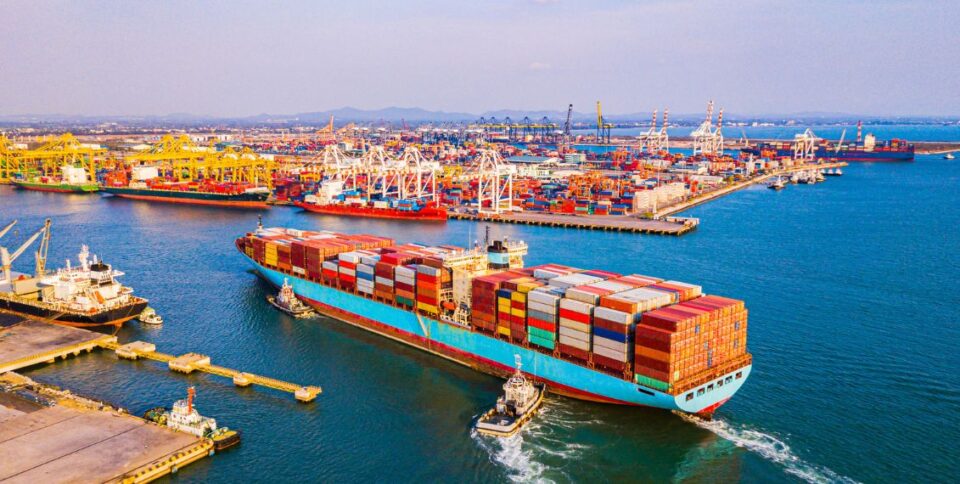DHAKA (Oct 7) — Bangladesh’s apparel exports to Europe have largely remained stable despite India’s decision earlier this year to ban transshipment of cargo through its airports, exporters said. They have successfully rerouted shipments and improved domestic logistics to keep trade flowing smoothly.
The ban, imposed in April 2025, initially sparked concerns about potential delays and higher costs for the country’s $47 billion garment industry, which depends heavily on timely deliveries to European buyers. But exporters now say the sector quickly adapted.
Most shipments that once transited through Indian airports are now sent by sea from Chattogram to Colombo, Sri Lanka, before being airlifted to Europe via Dubai when deadlines are tight. Otherwise, cargo moves directly from Colombo’s port on larger vessels bound for Europe.
Bangladeshi exporters have also expanded use of Malaysian ports like Singapore and Penang, where mother vessels are fed by smaller carriers from Chattogram.
To support the shift, the government installed new Explosive Detection Systems (EDS) at Osmani International Airport in Sylhet and repaired four EDS machines at Dhaka’s Hazrat Shahjalal International Airport (HSIA). Both airports also reduced ground-handling fees for export cargo by 5–6 cents per kilogram.
“Pressure on Dhaka airport has eased since the EDS was installed in Sylhet,” said Shovon Islam, Managing Director of Sparrow Group. “Major retailers like Inditex now charter planes from Sylhet or Dhaka for urgent shipments.”
According to BGMEA Director Faisal Samad, this is a “lean season” for air shipments, with most goods traveling by sea. “Space on cargo flights is not an issue anymore. A large volume of garments bound for Europe and the US now move via Colombo, with some airlifted from Dubai when deadlines are tight,” he said.
Before the suspension, Bangladesh shipped about $2 billion worth of garments annually through Indian airports, with roughly 34,900 tonnes valued at $462 million routed between January and March 2025 alone, according to BGMEA data.
Kabir Ahmed, former president of the Bangladesh Freight Forwarders Association (BAFFA), said the post-ban logistics improvements have strengthened Bangladesh’s long-term export capacity. “Screening facilities at Dhaka and Sylhet have improved significantly,” he noted.
Despite the disruption, Bangladesh’s apparel industry — the world’s second-largest after China — appears to have turned the setback into an opportunity to boost self-reliance in export logistics.

